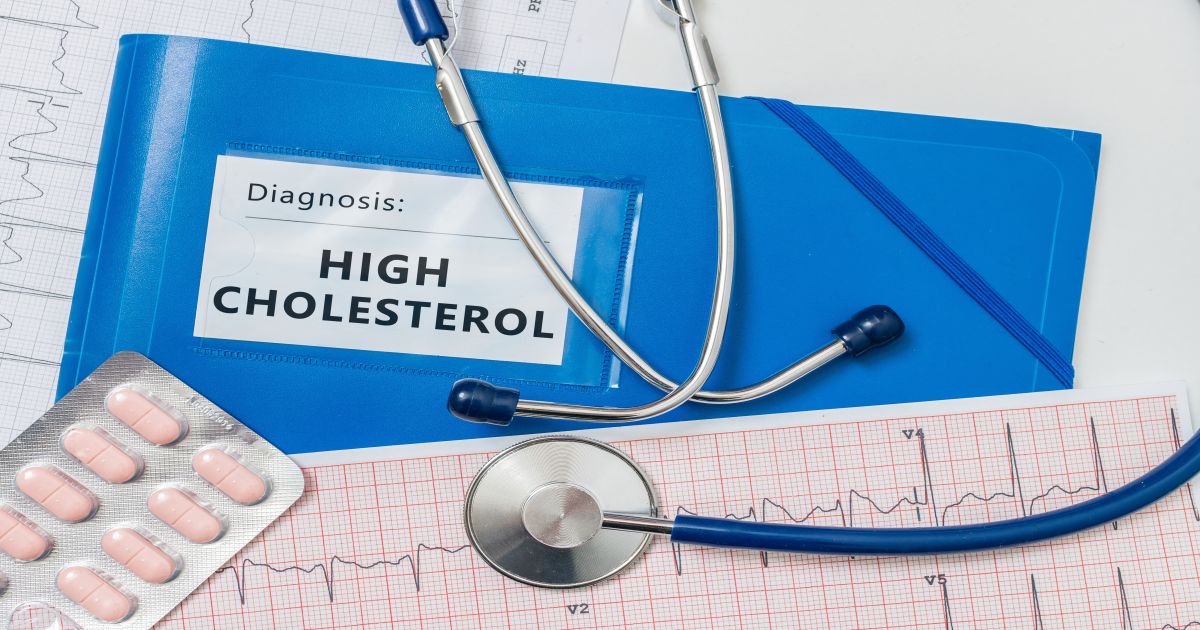What Causes Nonalcoholic Fatty Liver Disease?
High Cholesterol

An individual's nonalcoholic fatty liver disease can be caused by their high cholesterol levels. There are two different kinds of cholesterol found in an individual's body. Low-density lipoprotein cholesterol is the type that binds with other types of fat and often results in the development of plaque in the blood vessels. High-density lipoprotein cholesterol helps move low-density lipoprotein out of the blood vessels. The liver functions to manage cholesterol by synthesizing it so it can be transported to other cells, but it also removes excess cholesterol from the body. The liver does so by converting the cholesterol to a substance called bile salts, which is then synthesized into bile. Bile moves into the gallbladder and then the intestine when it is needed for digestion, and the remnants of the bile following digestion are expelled via the stool. The liver produces the cholesterol the body needs, so dietary cholesterol contributes to excess. When cholesterol is being consumed faster than the liver can recycle it, the cholesterol builds up in the cells of the liver. This mechanism can result in nonalcoholic fatty liver disease.